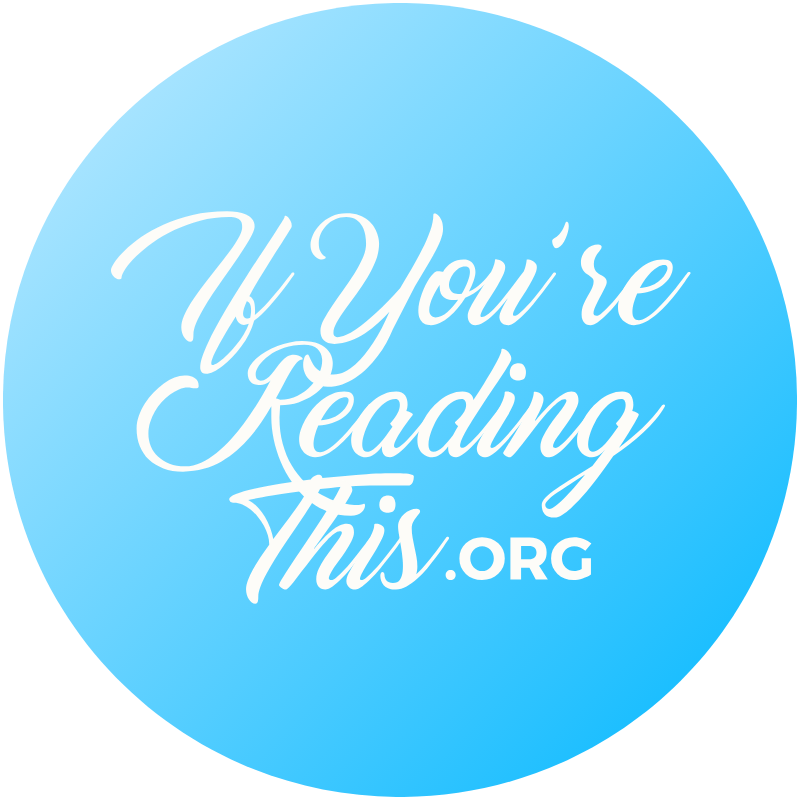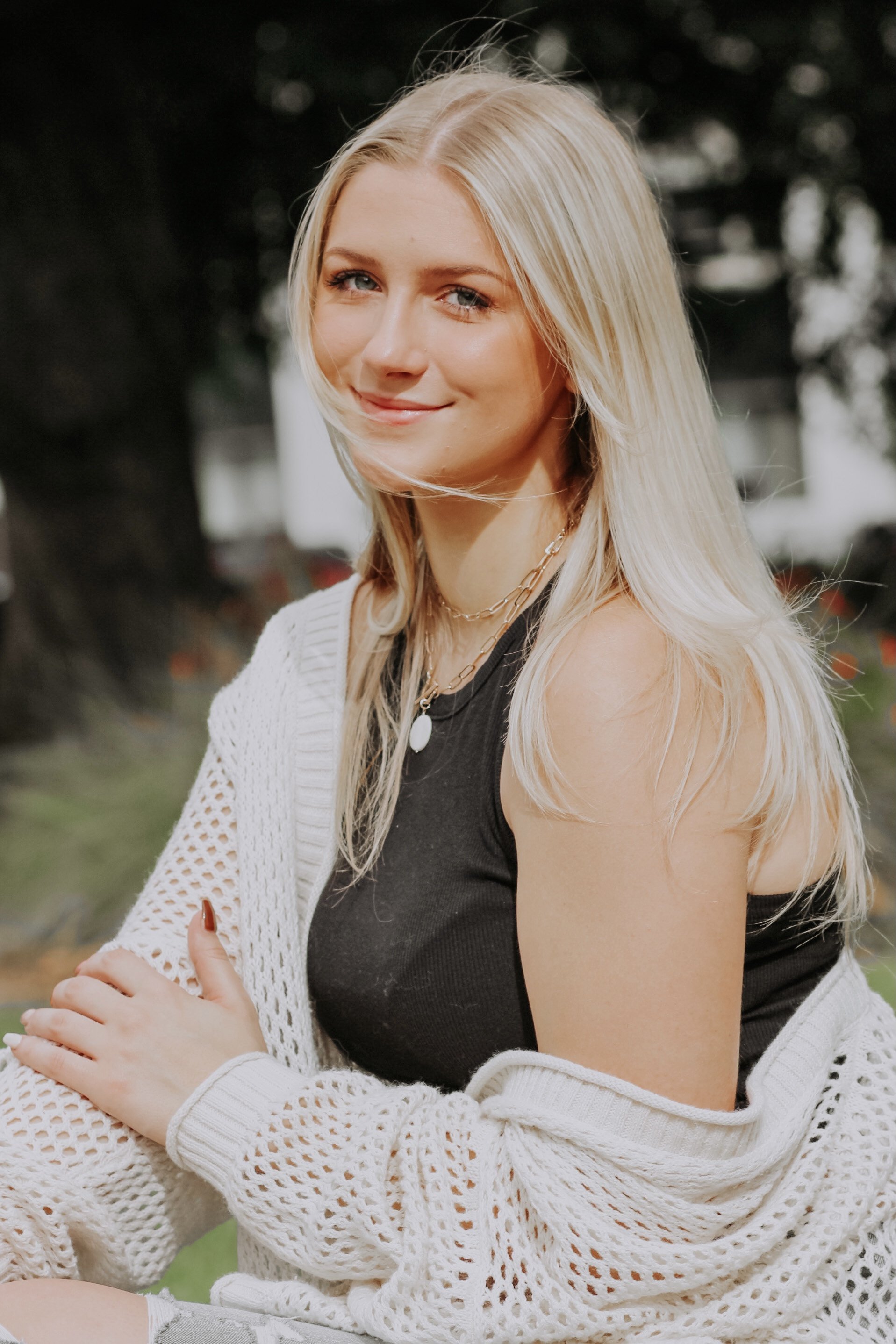Nicole M.
Photography by Brooklyn Yager Photography
If you’re reading this, you can trust yourself.
My mental health has had a constant presence in my life for as long as I can remember knowing what that even meant. I have struggled with depression, anxiety, and severe ADHD for years now, and while I have become more self-aware over time as to how I am impacted by these things, it remains to be a huge source of struggle in my life. In addition to these things, I also have been diagnosed with an autism spectrum disorder, (specifically, Asperger’s, although I don’t believe that is still considered a specific disorder in the diagnostics and statistical manual) since the age of 14. This has been uniquely challenging for me as it called into question the ways in which I saw myself in relation to those around me. In fact, for a long time, I was in denial about it, largely because so many people around me were telling me that they didn’t think I “seemed” autistic, or that I “seemed normal” to them. However, at the same time, I have always struggled with social anxiety and not fully understanding how to communicate with and relate to my peers.
As a child, I constantly had people tell me I was being rude, or that I wasn’t reacting how they thought I should in certain situations. In fact, by the time I was in elementary school, I remember becoming so uncomfortable that I would cry if a teacher or authority figure even spoke to me-- about anything! As I got older this was something I overcame, but there are still big ways in which this has affected me. Such as, when I had to start getting part-time jobs where I needed to be friendly and helpful, even when I was tired, even when I was stressed, even when my “social battery” had run out before I even arrived for a shift. It was extremely discouraging. The autism spectrum is just that: a spectrum and people on the spectrum do not all look or act the same. The reason that so many people doubted (and still doubt) my diagnosis and experiences is because I have learned, for the most part, how to behave in society in a way that is acceptable to those around me; this is called “masking” and it very common in people that are not neurotypical.
Despite my struggles with mental health, during my time in college, I feel that I have grown so much as a person. I have been forced to discover what works for me in terms of doing well in academic and professional areas, finding people that I feel comfortable being myself around, and being patient with myself. After not wanting to identify with my diagnoses for a long time, I now find that some labels can be helpful and actually extremely validating. My labels have given me the ability to better trust myself, despite what opinions others may have of me, and to understand that I don’t have to be like everyone else to enjoy my life and be successful.
Nicole M., University of South Carolina
Connect With Us
To follow IfYoureReadingThis at UofSC on Instagram, get in touch with our chapter, and learn about more resources available to UofSC students, visit our chapter’s homepage.

